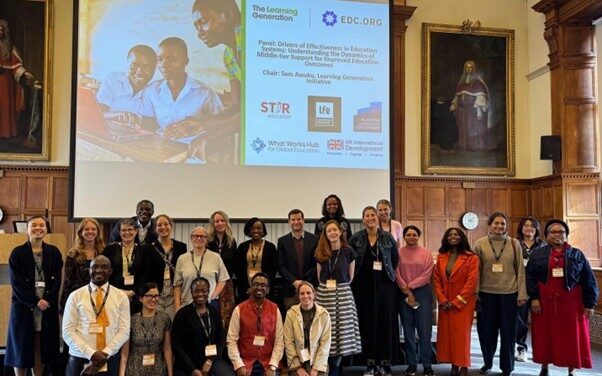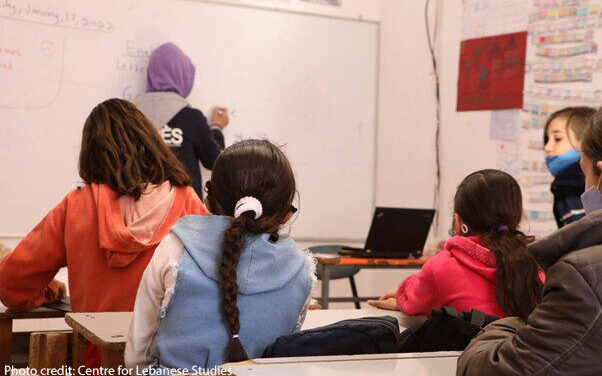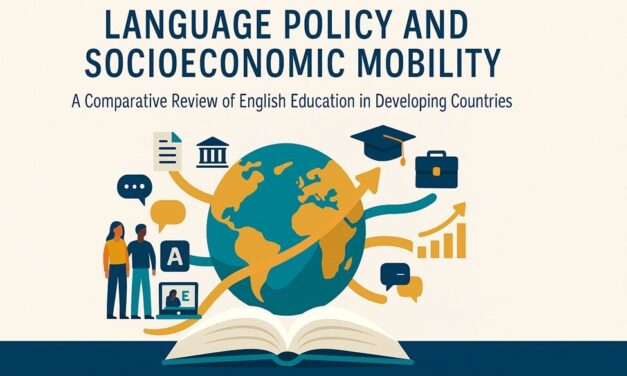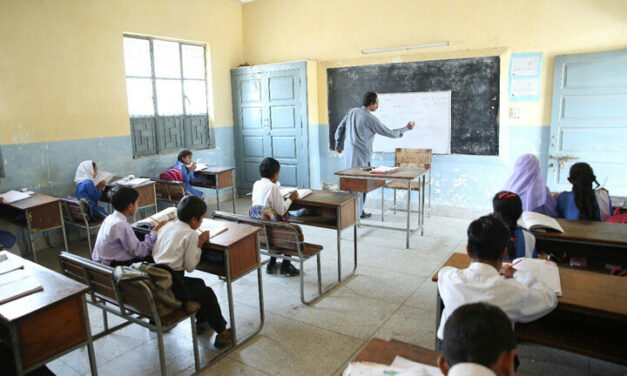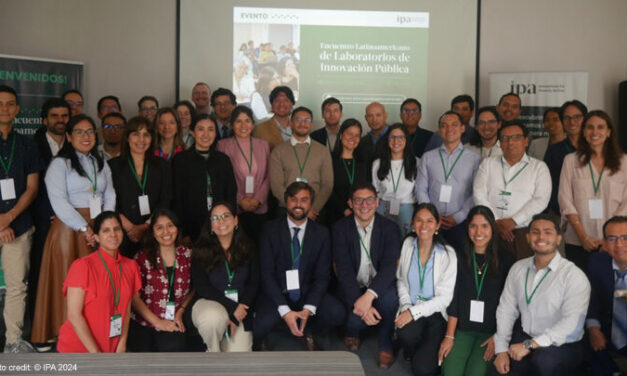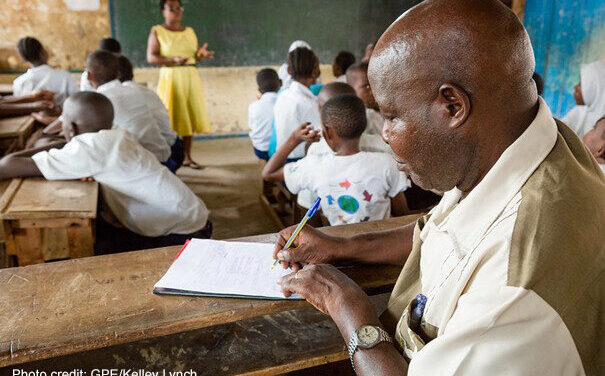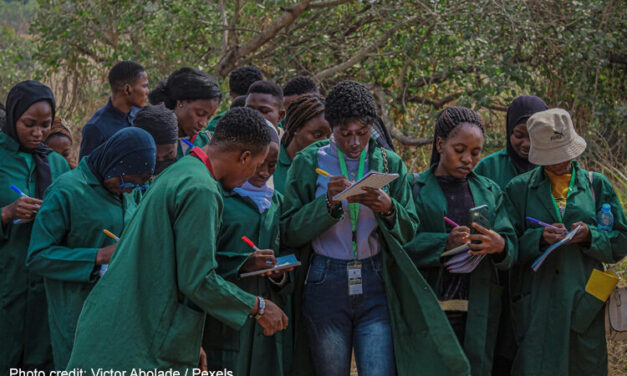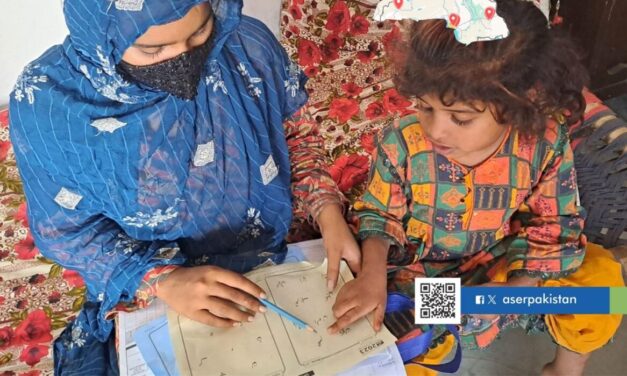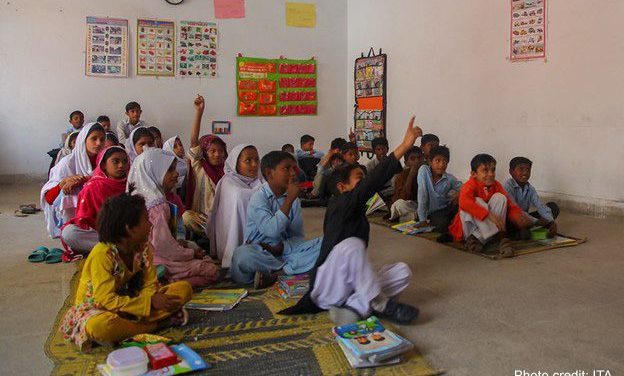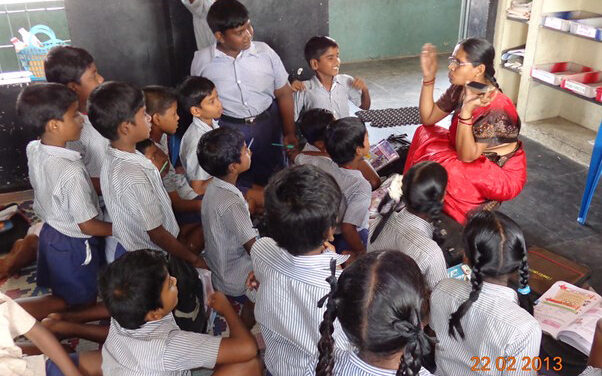Category: Policymaking
Beyond resilience: Reclaiming education as a transformative, aspirational endeavour
by Maha Shuayb and Cathrine Brun | Jan 22, 2026 | Policymaking
Education and climate justice: Advancing a shared agenda for COP30 and beyond
by UKFIET | Nov 6, 2025 | Climate Change, Policymaking
Education stakeholders from 28 policy, research and civil society organisations met in September 2025 with the aim of building a shared call for action for climate justice in and...
Read MoreLanguage policy and socioeconomic mobility: A comparative review of English education in developing countries
by UKFIET | Oct 27, 2025 | Learning, Policymaking
This blog was written by Kashfia Latafat, research scholar at Aga Khan University Institute for Educational Development. Introduction Language policy has a dominant role in...
Read MoreUnpacking classroom pedagogy: More and better data for teacher quality for evidence-informed policies in Pakistan
by Sohail Ahmad, Yusuf Sayed and Sajid Ali | Oct 23, 2025 | Policymaking, Teachers
Turning evidence into routine practice: Lessons from embedded evidence labs
by UKFIET | Sep 24, 2025 | Learning, Policymaking
This blog was written by Juan Hernández-Agramonte, Senior Director, Embedded Labs. It was originally published on the Innovations for Poverty (IPA) website on 14 August 2025. In...
Read MoreTeacher professional development: The importance of considering context in policy development
by Geeta Gambhir and Paola De Munari | Sep 3, 2025 | Policymaking, Teachers
Rethinking Development: This Time Let’s Invest More in Local Leadership Development
by Abigail Kajumba and Wendy Kopp | Jul 1, 2025 | Policymaking
From promises to progress: Strengthening education accountability at the grassroots
by Jaffer Ahmed | May 14, 2025 | Policymaking
Learning, working, connecting: Why a new UK–EU youth mobility scheme matters
by Maia Chankseliani | May 6, 2025 | Policymaking
Punjab’s great gamble: Will the huge public-school-outsourcing experiment pay off?
by Ha Yeon Kim and Monazza Aslam | Mar 12, 2025 | Policymaking
India’s national education policy attempts to address poor learning outcomes
by Yifei Yan | May 7, 2024 | Learning, Policymaking

Categories
Archives

